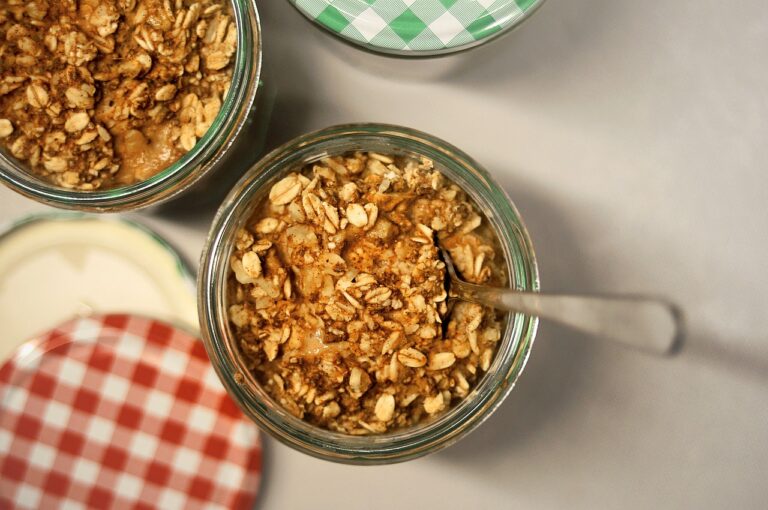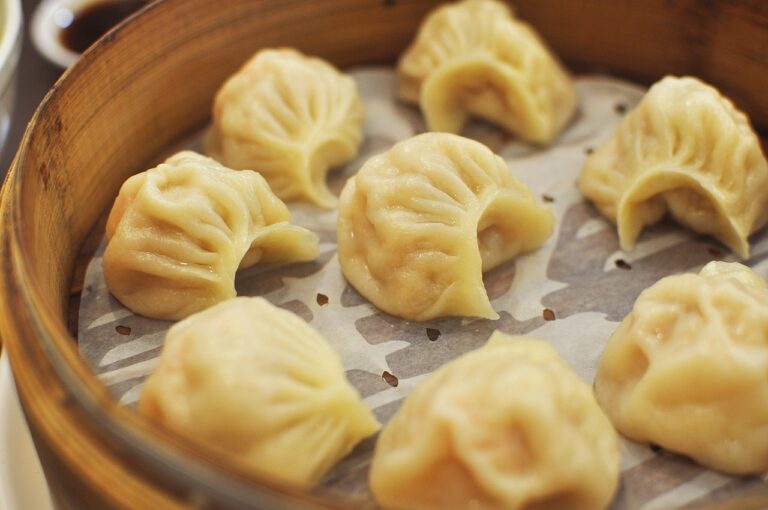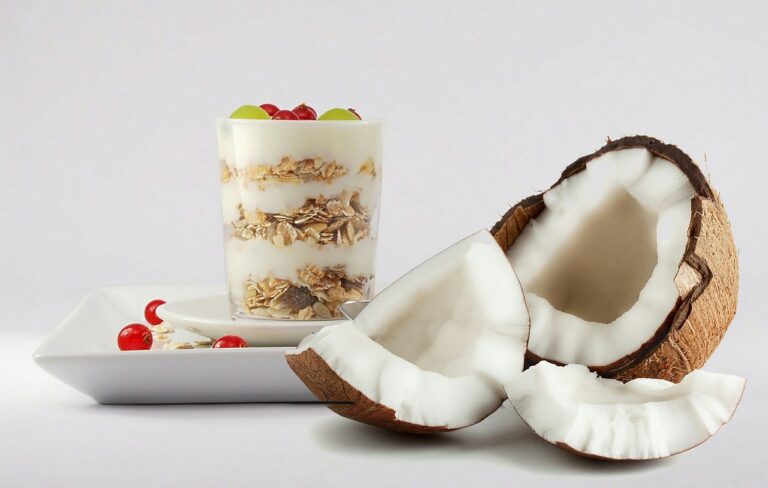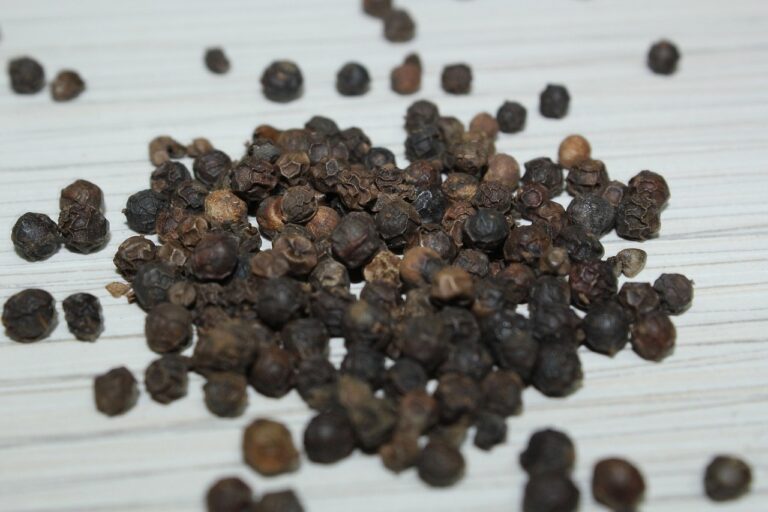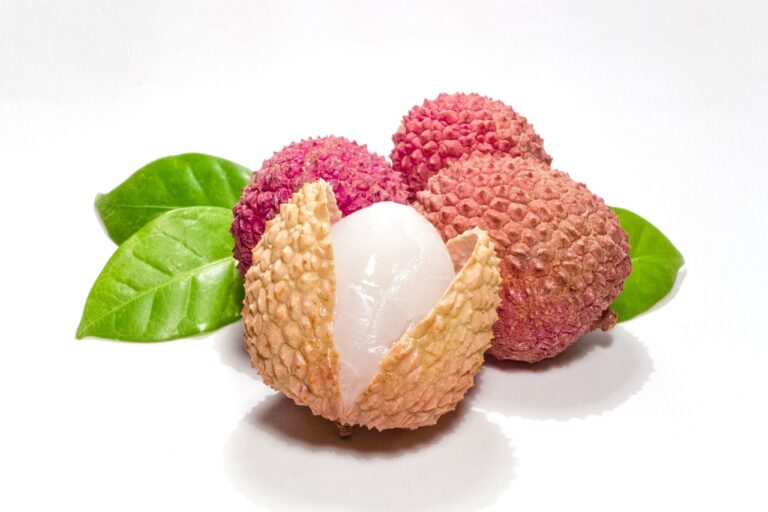10 Captivating Reasons Why You Are Craving Molasses
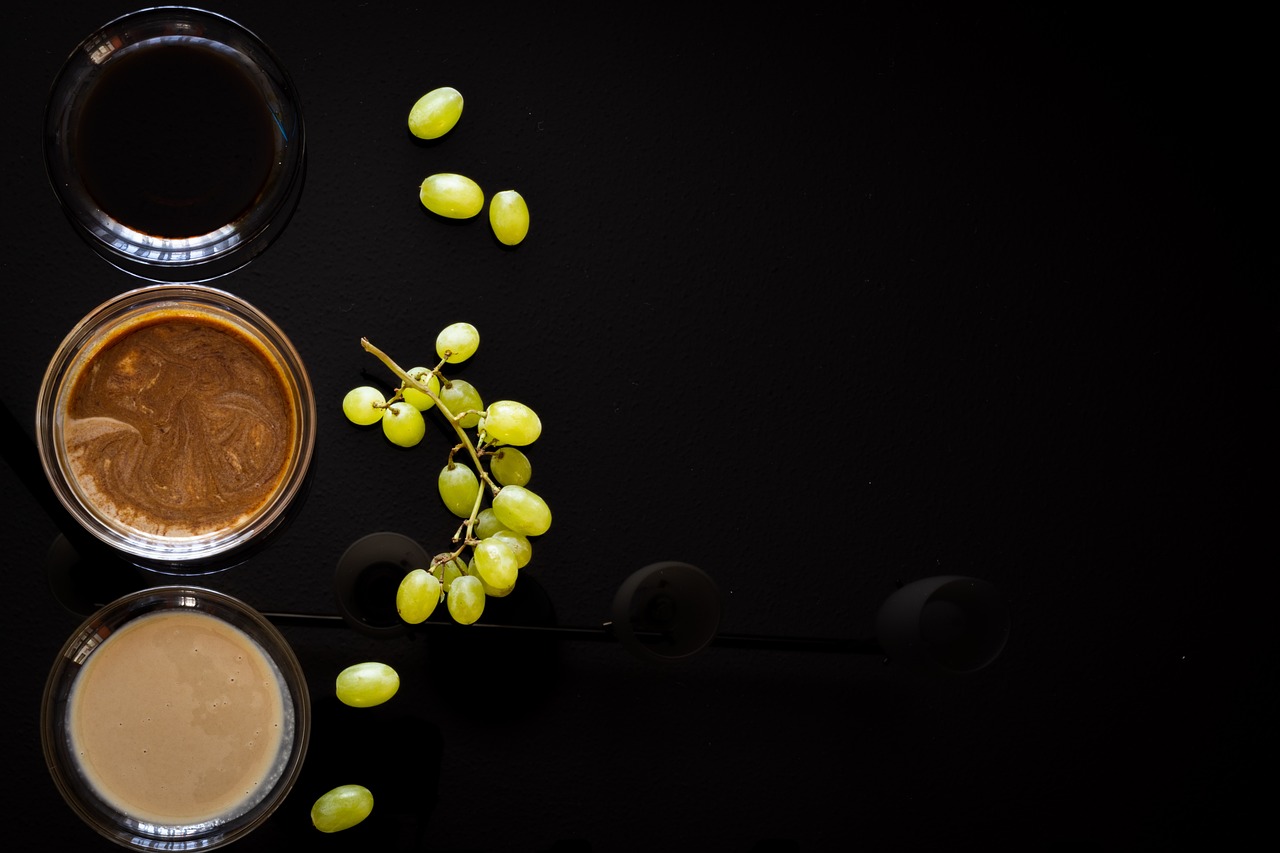
Molasses, the thick, dark syrup produced during the sugar-making process, is more than just a sweetener. It’s a complex ingredient with a rich history and a distinctive flavor that enhances various dishes. But what about the craving for molasses? Why do some people find themselves yearning for this particular taste? Let’s explore the reasons behind this craving and the impact it can have.
Why Am I Craving Molasses?
1. Nutritional Deficiencies
Cravings for specific foods can often be a sign of nutritional deficiencies. Molasses is rich in vitamins and minerals such as iron, calcium, magnesium, vitamin B6, and selenium.
When the body lacks certain nutrients, it might trigger cravings for foods that can replenish these missing elements. Molasses, being nutrient-dense, could be a way for the body to signal its need for these essential nutrients. Regular consumption in moderate amounts can help address these deficiencies, reducing cravings over time.
2. Energy Boost
Molasses is a source of carbohydrates, providing a quick source of energy. Craving molasses could be the body’s way of signaling the need for an energy boost, especially in individuals with high energy expenditures or those experiencing fatigue.
The sugar in molasses is absorbed more slowly than refined sugars, providing a steadier source of energy without the rapid spikes and crashes associated with more refined sweeteners. This makes molasses an attractive option for those seeking sustained energy throughout the day.
3. Emotional Comfort
Cravings can also be tied to emotional needs. The sweet, rich flavor of molasses can evoke feelings of comfort and nostalgia, particularly for those who have positive associations with its taste from childhood or special occasions.
Seeking out molasses as a comfort food can be a way of coping with stress, anxiety, or sadness. Its comforting essence can provide a temporary emotional uplift, offering solace during challenging times.
4. Flavor Satisfaction
For some, the craving for molasses stems from a simple appreciation for its unique flavor profile. Molasses has a deep, robust flavor that is not found in other sweeteners, with hints of smokiness and a rich sweetness that can enhance a variety of dishes.
This craving might be more about seeking culinary diversity and enjoying the complex flavors that molasses adds to both sweet and savory recipes, rather than fulfilling a nutritional or emotional need.
5. Seasonal Associations
Cravings for molasses can be stronger during certain times of the year, particularly in fall and winter. This is when traditional molasses-rich recipes like gingerbread, baked beans, and barbecue sauces become more prevalent.
The seasonal craving for molasses could be linked to the body’s natural inclination towards richer, more energy-dense foods during colder months. Additionally, the seasonal traditions and festivities might trigger a desire for foods that are associated with comforting memories and warmth.
6. Influence of Diet
People following certain diets, especially those rich in whole foods and lacking in refined sugars, might find themselves craving molasses. As a less refined sweetener, molasses offers a healthier alternative, aligning with the goals of these dietary patterns.
Incorporating molasses into the diet can satisfy sweet cravings while still adhering to the principles of eating minimally processed, nutrient-rich foods. This can make molasses particularly appealing to health-conscious individuals.
7. Gut Health
Emerging research suggests that cravings can also be influenced by the gut microbiome. The beneficial bacteria in our gut play a role in our food preferences, including cravings for sweet or savory foods.
Molasses contains certain minerals and antioxidants that can support gut health, potentially influencing cravings. A healthy gut microbiome might crave molasses for its positive impact on digestion and nutrient absorption.
8. Pregnancy Cravings
Pregnancy is a time of significant nutritional needs and changing taste preferences. Cravings for molasses during pregnancy could be due to its nutrient content, particularly iron and calcium, which are crucial during this time.
These cravings might also reflect the body’s increased energy needs or a desire for comforting, nutrient-dense foods that support both the mother’s and baby’s health.
9. Blood Sugar Regulation
Molasses has a lower glycemic index compared to refined sugars, making it a better option for blood sugar regulation. Cravings for molasses might be the body’s way of seeking out a healthier sweetener that won’t cause rapid spikes in blood sugar levels.
For those managing diabetes or insulin resistance, molasses can be a way to satisfy sweet cravings without the negative effects associated with other sweeteners.
10. Cultural Influences
Finally, cultural background and traditions can play a significant role in food cravings. For individuals who grew up in cultures or regions where molasses is a staple ingredient, cravings might be tied to cultural identity and heritage.
These cravings can be a way of maintaining a connection to one’s roots, seeking comfort in the familiar flavors that resonate with family and cultural traditions.
In conclusion, the craving for molasses can stem from a variety of sources, ranging from nutritional deficiencies and emotional needs to cultural influences and seasonal associations. Understanding the underlying reasons for these cravings can provide insights into our health and well-being, guiding us towards more mindful eating habits. Whether for its nutritional benefits, comforting qualities, or simply for its unique flavor, molasses holds a special place in the hearts and diets of many.

